Techuitable™ Accessibility Initiative

The Techuitable™ Accessibility Initiative is a multi-faceted effort to advocate for the use of AI technology to provide equitable web accessibility and eliminate the digital barriers that prevent individuals who are blind or vision impaired from equitably accessing housing-related content.
With over 12,700 federal ADA accessibility lawsuits filed since 2018 and an estimated 265,000 demand for structured settlement letters sent in 2021, it is becoming clear that this legal "business model" is more about generating attorneys' fees rather than the "injunctive relief" sought as the original basis for the legal action.
In a comprehensive review of the web accessibility legal complaints filed by the top 10 plaintiff firms, the similarity of the language used in these complaints makes it clear that any court-ordered or voluntary settlement agreement requires a "mutually agreed upon consultant" to manually resolve any and all WCAG 2.1 A/AA compliance issues.
The singular reason these plaintiff firms will not and do not embrace AI technology as part of the requested "injunctive relief" is simple: the attorneys have figured out they can "fee petition" the court to consider the "compliance monitoring costs" as attorneys' fees for as long as it takes the defendant and the "mutually agreed upon consultant" to manually achieve WCAG 2.1 A/AA compliance.
The option to utilize AI technology to resolve the compliance issues identified in these complaints is extremely disruptive to this well-established "business model" of attorneys' fees posing as compliance monitoring costs.
In addition to the prohibitively expensive and long term manual remediation contract, the defendants are further burdened with legal fees for the duration of the consulting agreement, usually 2-3 years.
With recent developments in artificial intelligence (AI), it is now possible for housing-related companies to leverage AI technology to resolve the majority of WCAG 2.1 A/AA accessibility compliance issues quickly and affordably. More importantly, AI technology can help these companies make a lasting commitment to remain accessible in the future without manual intervention every time housing-related website content is updated or changed.
The Tequitable™ Accessibility approach utilizes a structured settlement negotiation process to inform and educate housing-related companies about accessibility AI technology solutions without the need for formal and expensive complaints and/or lawsuits to enforce injunctive relief in the form of manual remediation on a longer timeline.
While the FHA made significant improvements in the housing-related opportunities available to all individuals with disabilities, website inaccessibility still prevents people with vision-related disabilities from finding housing-related content.
The housing search and application processes are increasingly conducted online, so real estate-related websites must make sure they are fully accessible to people with disabilities using assistive technologies in order to comply with the Americans with Disabilities Act (ADA) and the Fair Housing Act (FHA).
Having an inaccessible website can prevent people with disabilities from accessing information about businesses in the same way as their non-disabled counterparts, which is why Americans with Disabilities Act (ADA) lawsuits related to this issue are becoming more prominent. With the rise of virtual housing searches and online mortgage and rental applications, inaccessible websites may also have a major impact on Fair Housing Act (FHA) compliance.
Website accessibility is rightfully receiving attention as an integral part of the movement for accessibility and disability rights. With the world becoming increasingly digital, let's not forget that websites are increasingly important for public accommodation as well as housing opportunities.
As an emerging fair housing issue, housing providers should prioritize the use of AI technology in the development of accessible websites and mobile apps, and housing advocates should embrace AI technology to achieve meaningful and lasting website accessibility for an equitable and inclusive user experience.
Our Organization
Landmark Fair Housing Cases
Legal Resources
Keys Unlock Dreams

National Fair Housing Advocate, Inc.
2131 York Road, Suite 1021
Timonium, MD 21093
©2022 National Fair Housing Advocate, Inc. a 501 (c)(3) not-for-profit organization. All Rights Reserved. | Privacy Policy
